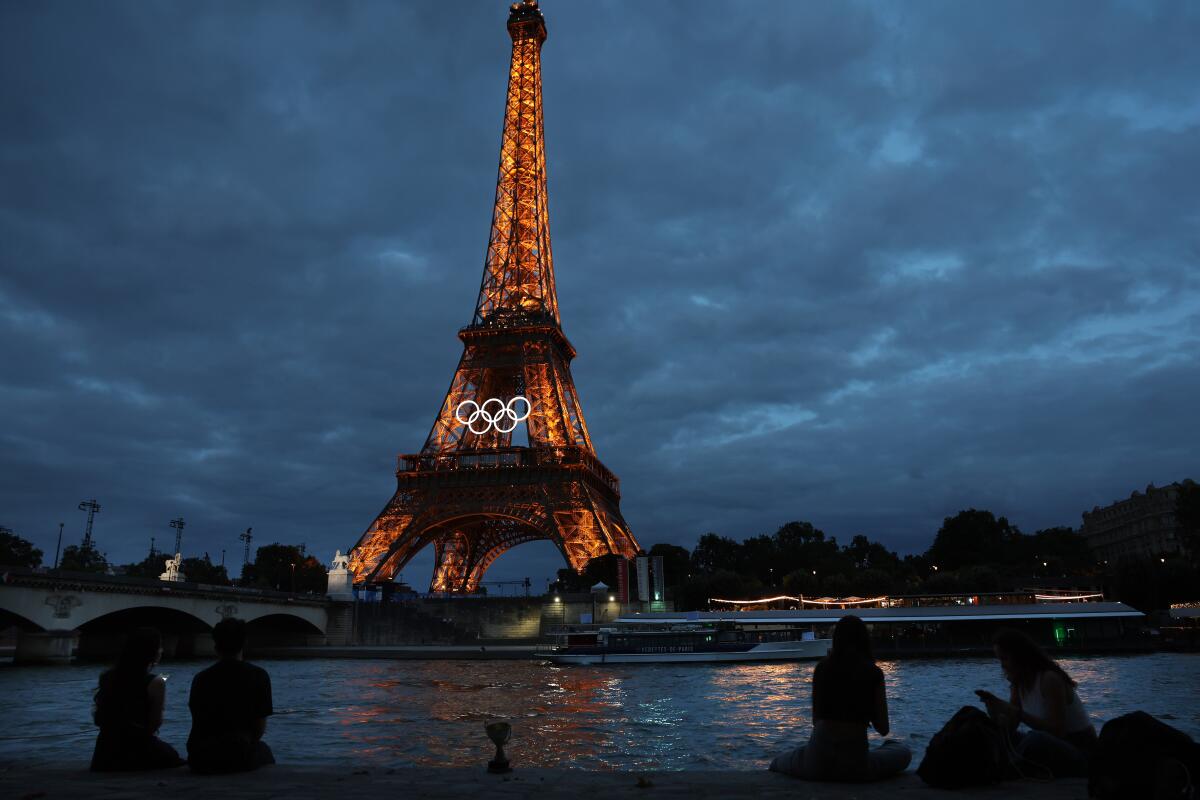A Word, Please: When recasting a sentence isn’t always possible

- Share via
We’ve all been there: You ask someone a direct question and they answer a question you didn’t ask. Like you want to know whether you should turn left or right on Maple Street and they say, “Yup, Maple Street’s just a few blocks that-a-away.”
Well, copy editors have a version of that. We ask a colleague about a particularly tricky passage: “Would you put a comma in this sentence?” or “Would you put a hyphen here” or “Should the verb agree with this word or that word?” and the answer we get, over and over, is: “Recast the sentence.” Never mind that sometimes you can’t recast the sentence. Perhaps it’s a quotation, which ethics forbid you to revise. Or maybe you were asking as more of a hypothetical to understand some nuance of commas or hyphens or subject-verb agreement. The answer you get is still, “Recast the sentence,” often followed by a detailed example of how the person answering the question would recast it.
A rather extreme example of this appeared in the Ask the Editor section of the Associated Press online stylebook a while back.
A subscriber wrote: “Please, no recasts. I cannot find a definitive answer anywhere on the planet. Keep in mind these represent directly quoted utterances. Do we keep or toss the comma after France’s, New York’s and 2001’s? ‘Alice said, “Paris, France’s, sights are breathtaking!”’ ‘Gov. Cuomo said, “Albany, New York’s, crime rate has risen exponentially.”’ ‘Joe said, “September 11, 2001’s, tragic events will be indelibly etched in the minds of everyone.”’”
These are interesting questions because they create a conflict between comma rules and good taste. Comma rules say that when you refer to a city followed by its state, then continue the sentence, the state is followed by a comma. For instance: Albany, New York, is lovely this time of year.
The same rule applies to countries after cities: Paris, France, is home to the Eiffel Tower.
And the same rule applies to years after dates: September 11, 2001, was a tragic day.
Grammar expert June Casagrande has always wondered if pretense and pretext are interchangeable. According to the dictionary, they often are.
But sometimes, especially in casual speech, people can make New York, France or 2001 possessive. New York’s weather is nice this time of year. France’s president will visit. 2001’s events affected us all.
This is almost never a problem, but when the rules call for a comma in the same spot, things get unsightly and a little weird. Notice how, in “Paris, France’s, sights are breathtaking,” it sounds more like you’re talking about France’s sights than Paris’. A similar effect is true for the other two sentences.
Rulebooks like the Associate Press Stylebook don’t tell you what to do in these situations. So subscribers sometimes just pose the question to AP’s editors on the stylebook’s website. Usually, this works out great. But not this time.
“Really, truly, recasting is the thing to do,” replied an editor. “Just because someone utters a quote doesn’t mean, in most cases, that you have to use the quote in full or in part. There’s not a definitive style for this and many other questions because Style Rule No. 1 would be: Recast, rephrase, rewrite! So, we don’t have a definitive answer either. I could make something up, but that’s not wise or helpful. Sorry!”
In my opinion, the editor should have recast that answer as: “We don’t have a rule. You’re on your own.” That would be helpful because when there’s no rule, editors are free to make judgment calls. It’s part of the job. But being told to recast something we can’t recast, after explaining as much ... not helpful.
What would I do in this situation? I’d probably keep the comma after 2001’s, New York’s and France’s. It hews more closely to the known guidelines and, because there’s no rule for this exact situation, it can’t be wrong.
June Casagrande is the author of “The Joy of Syntax: A Simple Guide to All the Grammar You Know You Should Know.” She can be reached at JuneTCN@aol.com.
All the latest on Orange County from Orange County.
Get our free TimesOC newsletter.
You may occasionally receive promotional content from the Daily Pilot.






